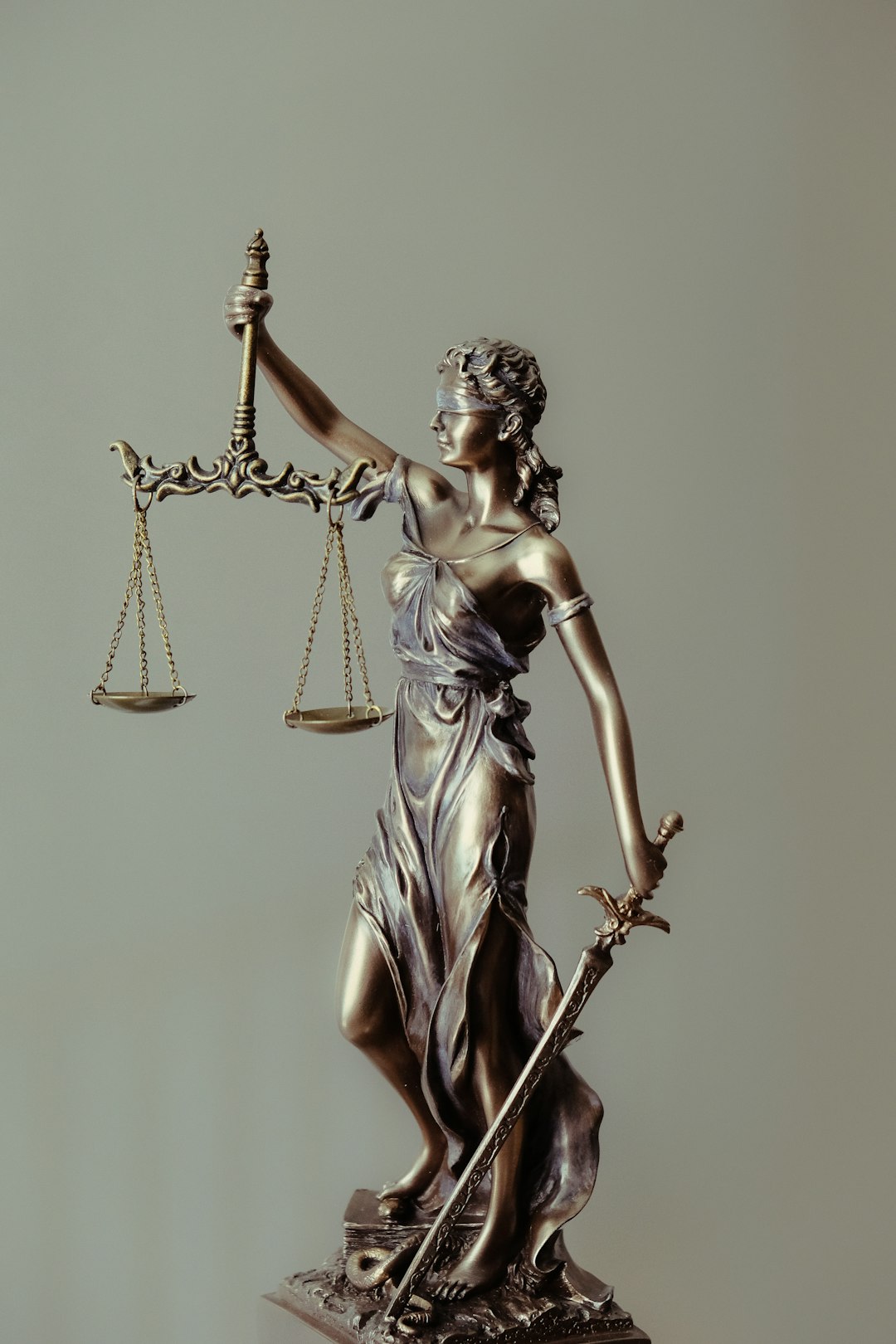In Maryland, the Juvenile Justice System approaches child abuse cases with a balanced approach, combining accountability and rehabilitation for young offenders. Courts emphasize restorative justice practices and collaboration among law enforcement, social services, and community leaders. A qualified child abuse attorney Maryland is vital for navigating this complex system, providing guidance to victims and accused, ensuring fair treatment, and supporting healing and development. The legal framework protects children, with strict laws addressing maltreatment and a focus on victim safety. These attorneys facilitate access to remedies and services, advocate for rights, and guide clients through investigations and court proceedings. The multi-stakeholder approach, including judges, social workers, and child abuse attorneys, aims for positive outcomes by considering adolescent development and offering specialized counseling, therapy, and restorative justice measures.
In Maryland, addressing child abuse involves a nuanced approach, particularly when dealing with juvenile perpetrators. This article explores the state’s juvenile justice system, focusing on the legal framework that governs child abuse cases. We delve into the roles of key stakeholders—attorneys, judges, and social workers—and discuss special considerations for juveniles accused of abuse. Additionally, we highlight resources available for their healing and rehabilitation, emphasizing the importance of a comprehensive approach to combat this complex issue, with a focus on finding effective solutions through the expertise of a child abuse attorney in Maryland.
Understanding Juvenile Justice System in Maryland

In Maryland, the Juvenile Justice System plays a crucial role in addressing cases involving juvenile perpetrators of child abuse. This system is designed to balance accountability and rehabilitation, focusing on the unique needs and challenges faced by young individuals who engage in such behaviors. A child abuse attorney Maryland can provide essential guidance to both victims and accused, navigating the complex legal landscape that encompasses these sensitive issues.
The courts prioritize restorative justice practices, emphasizing mediation and community-based programs aimed at addressing the root causes of child abuse. This approach encourages cooperation between various stakeholders, including law enforcement, social services, and community leaders, to foster a supportive environment for both the victims’ healing and the juvenile offenders’ development. Understanding these processes is vital for anyone involved in or interested in Maryland’s efforts to combat child abuse, underscoring the importance of legal representation from a qualified child abuse attorney Maryland.
Legal Framework for Child Abuse Cases

In Maryland, the legal framework for child abuse cases is meticulously designed to protect vulnerable children and hold perpetrators accountable. The state has stringent laws in place that specifically address child maltreatment, with a particular focus on ensuring the safety and well-being of young victims. A child abuse attorney in Maryland plays a pivotal role in navigating this complex legal landscape, providing specialized representation to both the abused child and their family.
These laws cover various forms of child abuse, including physical, emotional, sexual, and neglectful practices. The Maryland courts take these cases seriously, implementing strict procedures to protect the rights of the child while seeking justice for the perpetrator. This involves thorough investigations, evidence collection, and a comprehensive assessment of the circumstances surrounding the abuse. With the help of dedicated child abuse attorneys, victims can access legal remedies, receive support services, and ensure their voices are heard throughout the judicial process.
Roles of Key Stakeholders: Attorneys, Judges, and Social Workers

In Maryland courts dealing with juvenile perpetrators of child abuse, several key stakeholders play crucial roles in ensuring justice and rehabilitation. Child abuse attorneys in Maryland are instrumental in advocating for the rights of both victims and accused juveniles. They guide the legal process, ensuring that evidence is presented fairly and that the law is applied correctly. These lawyers specialize in complex family law issues and possess a deep understanding of child protective services, which helps them navigate the intricate legal landscape surrounding child abuse cases.
Judges in these cases are tasked with making impartial decisions while considering the best interests of the child. They carefully review evidence, listen to arguments from all parties, and issue rulings that can range from alternative sanctions to secure placement in foster care. Social workers complement this process by conducting thorough investigations, preparing reports, and offering recommendations based on their expertise in child development and family dynamics. This collaborative effort among attorneys, judges, and social workers is vital to achieving positive outcomes for both the victims and the juveniles involved in child abuse cases.
Special Considerations for Juvenile Perpetrators

When dealing with juvenile perpetrators of child abuse, Maryland courts take into account several special considerations. These young individuals often face unique challenges that differ from adult defendants. For instance, they may require specialized legal representation, such as a child abuse attorney in Maryland, who understands adolescent development and the potential impact of trauma on behavior.
The court also recognizes that juveniles are still developing emotionally and cognitively, which can affect their understanding of the law and their ability to make informed decisions. As such, judges may be more lenient in sentencing and consider options like counseling, therapy, or other restorative justice measures aimed at addressing the underlying issues rather than solely punishing the juvenile.
Resources and Support for Healing and Rehabilitation

In Maryland, courts recognize the unique needs of juvenile perpetrators involved in child abuse cases. One of the key aspects of their approach is providing comprehensive resources and support for healing and rehabilitation. This often includes specialized counseling services tailored to address the underlying issues that may have contributed to the abusive behavior. With the help of trained professionals, these young individuals can begin the process of personal growth and development.
The state also offers various programs aimed at reintegration and skill-building. These initiatives focus on education, vocational training, and community support networks, ensuring that juvenile offenders have the tools needed for a brighter future. A child abuse attorney in Maryland often collaborates with these support systems to advocate for their clients’ best interests, guiding them through legal processes while promoting access to essential resources for long-term positive change.






